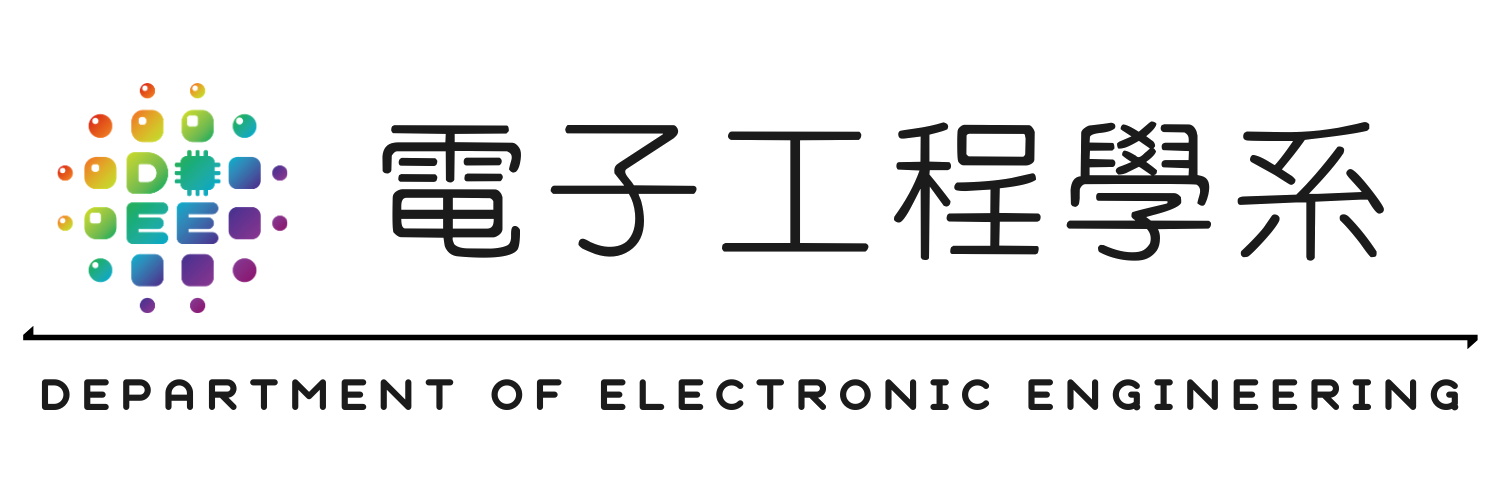About Us
| I. Introduction The Department of Electronic Engineering was established in August 1973. Currently, the Department offers both undergraduate and graduate programs. Its mission is to educate students to acquire professional skills, to be aware of engineering ethics, and to develop an in-depth appreciation of culture in general. To achieve its principal aim, the Department gives equal importance to both theoretical studies and practical training. We offer an abundance of academic and hands-on courses in accordance with the national science and technology development policy as well as the requirements of international state-of-the-art industries. II. Faculty, Facilities and Courses The Department has twenty-seven outstanding academic staff including nine professors, thirteen associate professors, four assistant professors and one lecturer. It has equipped-fully labs for teaching and research. These are the SoC IC Design Lab, the VLSI Design Lab, the VLSI Testing Lab, the Electronic Components and Materials Analysis Lab, the Network Systems Development Lab, the Communications Lab, the High-Frequency Communication Lab, the Computer Hardware Development Lab, the Computer Systems Development Lab, the Measurement and Calibration Lab, and the Electronic Circuits Lab. III. Development Trends and Careers With the fast-growing progress in microelectronics, communications, and information industries, the Department spares no effort to equip its students to cope with the demands of international electronic and related high-tech industries. It is hope that our graduates will have greater opportunities either to work at cutting-edge companies both at home and abroad or to devote themselves to academic research in fields of electronics and other advanced technologies. Without a doubt, our well-trained professionals will be essential for keeping the nation competitive in the global market. IV.Others The department requires students to study broadly. The applicants must have normal visual and hearing acuity, color recognition, as well as the skills of interpersonal communication, coordination, emotional self-control and stress resistance. |
